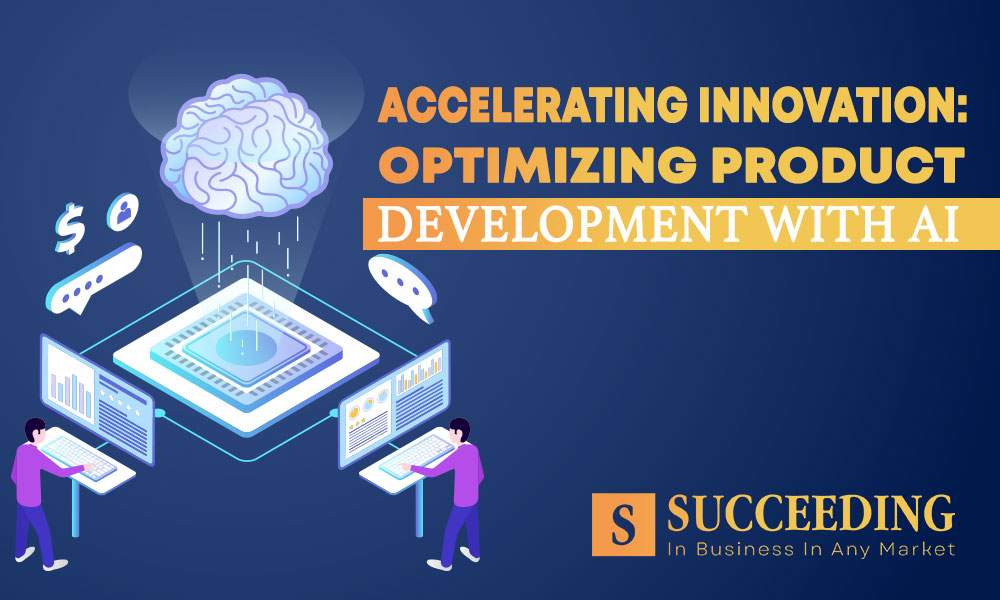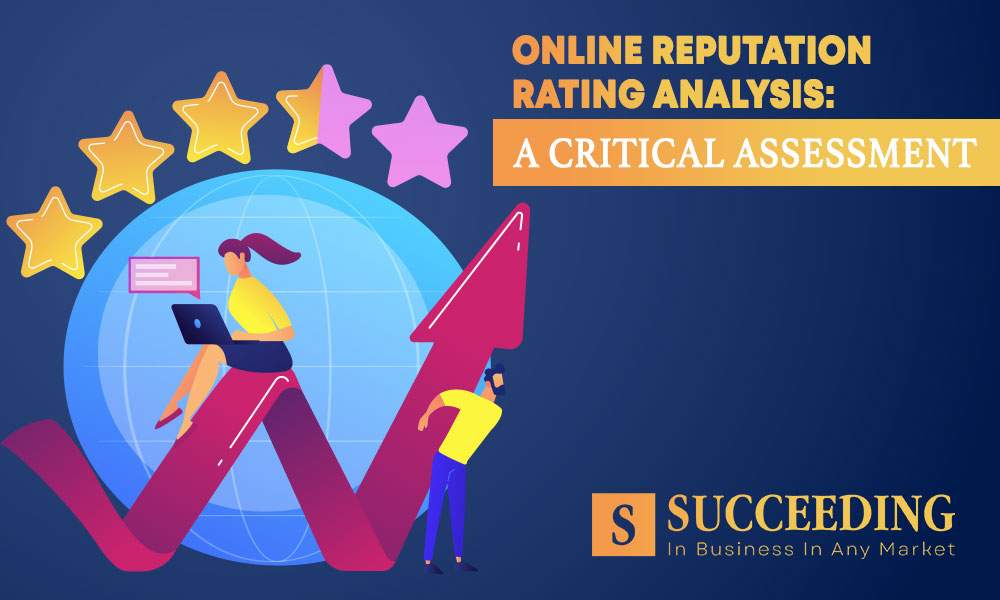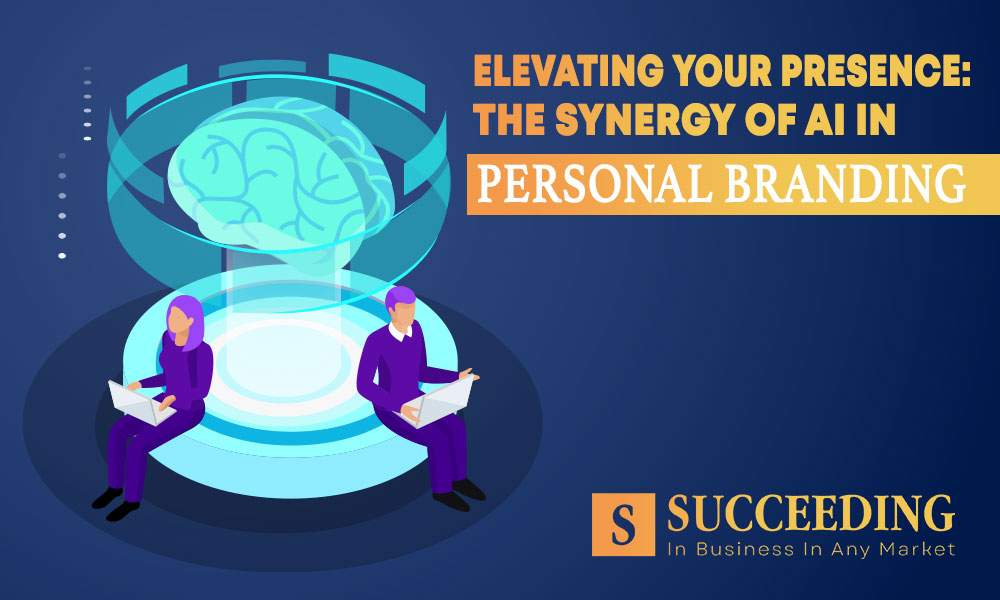Post Date: April 6, 2023
Digitalization has revolutionized the way we do business in multiple spheres, including procurement. In the past, procurement was largely a manual process that was prone to errors and inefficiencies. However, the application of digital technology has introduced significant advancements in the field of procurement. As we embrace the era of digitalization, procurement professionals need to be well-informed about the implications of adopting new technologies into their day-to-day operations.
In this blog post, we explore how digitalization is transforming procurement and what it takes to successfully implement it in your organization.
With the rise of digital technologies, companies have an opportunity to move away from manual procurement processes and towards more efficient, automated, and optimized workflows. However, this requires a fundamental shift in mindset and a willingness to invest in digital procurement platforms.
The Impact Of Digitalization On Procurement Processes
The impact of digitalization on procurement processes has been significant in recent years. With the advancement of technology, it has become increasingly important to modernize procurement processes through digital solutions. As highlighted in previous sections, digitalization helps in many ways by improving efficiency and simplifying administrative processes. However, the dependence on legacy systems remains a significant challenge faced by many organizations. The adoption of digital procurement is the key to addressing this issue and reaping the benefits of digitalization.
Organizations can expect to see significant cost savings and increased competition through the digitalization of public procurement, as highlighted in the Procurement Analytics Market Segments by Type. Furthermore, in a post-COVID world, the adoption of digital procurement is even more crucial as digitalization efforts accelerate around the world. Navigating the challenges of digital procurement adoption and avoiding delays in technology adoption is crucial for organizations to keep up with the changing landscape of procurement in the digital age.
Reliance On Legacy Systems
Legacy systems have been the backbone of procurement processes for many years. However, as organizations move towards digitalization, these systems need to evolve to stay relevant and meet the needs of modern procurement. It’s important to remember that dependency on legacy systems can lead to a lack of agility, integration difficulties, and security risks.
Adopting digital procurement is the key to overcome these shortcomings and move towards more efficient and effective processes. In the rapidly evolving digital age, organizations cannot afford to be left behind by constantly relying on outdated systems. It’s essential for organizations to take a phased approach to digital transformation and adopt new technologies to improve procurement processes while also mitigating risks.
With the help of digital tools and technology, organizations can gain better visibility of their procurement processes, streamline operations, reduce costs, and provide better services to stakeholders.
Digitalizing Procurement Is The Essential Element
Digitalizing procurement is an essential step towards developing a more efficient and cost-effective procurement process. Organizations that still rely on legacy systems and manual processes risk being left behind in today’s competitive marketplace.
By embracing digitalization, businesses can streamline routine tasks, access real-time information and advice, and foster better collaboration across teams. With the help of digital procurement software, companies can customize their procurement strategies and proactively meet the demands of their customers.
While digital procurement adoption comes with certain challenges, the benefits for organizations are undeniable. Delay in technology adoption can prove to be costly in the long run, making digitalizing procurement a key factor in driving business success in the digital age.

The Benefits Of Digital Procurement For Organizations
Digital procurement brings several benefits to organizations that choose to adopt it:
- Increased Efficiency: Digital procurement streamlines the process by automating critical tasks such as purchase orders, approvals, and invoicing. This frees up time and resources for procurement professionals to focus on strategic initiatives.
- Cost Savings: Digital procurement enables companies to gain greater visibility and control over their spending. By having access to real-time data, organizations can identify areas where they may be overspending and make necessary adjustments.
- Greater Transparency: Digital procurement provides greater visibility into the procurement process, making it easier for companies to track spending and monitor supplier performance. This helps to ensure that vendors meet quality levels and adhere to supply chain standards.
- Improved Supplier Relationships: By using digital procurement solutions, companies can more easily manage their relationships with suppliers, including vendor selection, performance monitoring, and payment processing.
- Enhanced Collaboration: Digital procurement solutions enable collaborative procurement between departments and teams within an organization, reducing duplication of effort and improving communication.
- Data-Driven Decision Making: Digital procurement provides access to real-time data analytics, enabling companies to make data-driven decisions. This helps to reduce manual errors and ensures that procurement decisions are made based on accurate data.
- Reduced Risk: Digital procurement solutions facilitate risk management by enabling companies to monitor vendor compliance and identify potential issues early on in the procurement process.
In conclusion, digital procurement provides numerous benefits to organizations, including increased efficiency, cost savings, greater transparency, improved supplier relationships, enhanced collaboration, data-driven decision making, and reduced risk. By adopting digital procurement solutions, companies can unlock significant value and gain a competitive edge in today’s rapidly evolving business landscape.
Navigating The Challenges Of Digital Procurement Adoption
In today’s world, digitalization has become a necessary tool for businesses looking to streamline their operations and stay competitive. However, adoption of digital procurement comes with its own set of challenges. One of the main hurdles faced by organizations when implementing such systems is the delay in technology adoption.
Failure to adopt new technologies in a timely manner can prove costly for companies, as they risk losing business to competitors who have successfully embraced digitalization. To navigate these challenges, companies must develop a well-planned strategy which includes selecting the right procurement technology, ensuring data integrity, and providing adequate training to employees.
The benefits of digital procurement are numerous and can ultimately help companies achieve higher efficiency, cost savings, and competitive advantages. In conclusion, while navigating the challenges of digital procurement adoption can be daunting, it is important for organizations to embrace the change and stay ahead of the curve.
Delays In Adopting The Technology Can Be Costly
In the world of procurement, delaying the adoption of digital technologies can have severe consequences for organizations. With the constantly evolving market and growing competition, companies need to stay ahead of the game by embracing the latest digital tools and techniques.
Failure to do so can result in higher costs, lower efficiency, and decreased competitiveness. The longer an organization waits to adopt new technologies in their procurement processes, the more difficult it becomes to catch up with those who already have.
In today’s digital age, it is crucial for organizations to prioritize their digital transformation and invest in modernizing their procurement systems to stay ahead of the competition.
The Future Of Procurement In The Digital Age
As the world continues its digital transformation, procurement processes are expected to evolve as well. The use of digital technologies in procurement is expected to increase, allowing organizations to streamline their operations, automate routine tasks and promote better collaboration between departments.
This will enable procurement teams to be more efficient in their work and more responsive to changing market conditions. In the future, procurement will be driven by technology-led strategies that leverage data analytics, robotic process automation, and artificial intelligence.
With these tools, businesses can anticipate market trends, engage with stakeholders more effectively and improve supplier relationships. It is critical for organizations to adapt to these changes in technology and digital procurement, as those who do not embrace this digital transformation risk falling behind their competitors.
The future of procurement is digital and organizations must be prepared to embrace it in order to remain competitive.
Conclusion
In conclusion, the impacts of digitalization in procurement have been significant. Digital procurement has offered improved alternatives for strategic decision-making by leveraging better data, while allowing organizations to save time and money in the purchasing process. However, the successful adoption of this digital transformation requires organizations to navigate challenges such as dependence on legacy systems and existing procedures, as well as the cost of delayed technology adoption.
It is important for organizations to recognize the benefits of digital procurement and create a digitalization strategy that is validated by a solid business case. As the digital age continues to evolve, it is clear that procurement must continue to adapt and leverage emerging technologies to drive sustainable value for organizations.





